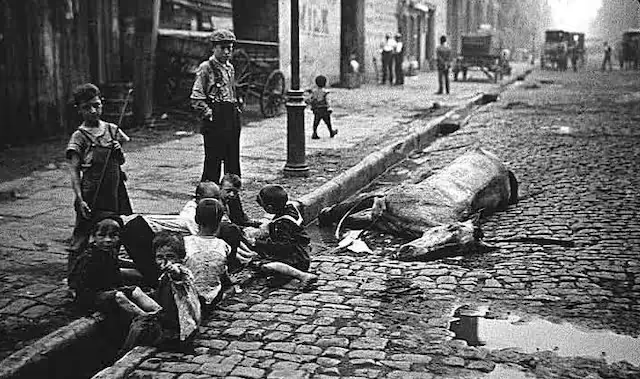
Food is what hygiene used to be: the weak link in public health

Hygiene was the biggest step forward in the history of public health. But what we have gained with hygiene, we lose with our modernfood.

Munich, one day in 1854. Suddenly, a doorman at the city theater gets huge diarrhea and severe cramps while checking the tickets from the upscale audience. A few days later, he dies. The cholera appears to have occurred again and claimed 3,000 victims in the following months.
Prof. Max von Pettenkofer barely escapes the disease. A scientist like him, he rejects the general view that it is God's punishment and sets out to investigate. He notes that where hygiene in the city is worst, the number of victims is highest. The mayor is persuaded by him and started large-scale hygienic measures, including the orderly disposal of waste and excrement and the construction of a 35 km long drinking water supply.
Since then, typhus and cholera have barely occurred in the southern German city. This is how the hygienist and chemist von Pettenkofer gains eternal fame. He is ennobled and became an honorary citizen of the city of Munich.
At the time, hygiene was the weak link in public health, and Pettenkofer was the first to recognize that improving something as simple and fundamental as hygiene had an unprecedented positive impact on public health. No symptom management with drugs and other therapies, but a truly sustainable solution. So simple, so powerful!
To this day, hygiene is the biggest step modern man has ever taken in improving general health.
Now 165 years later, medicine is once again trying to combat affluent people with drugs and other medical tricks without paying much attention to the underlying causes. Could it be that NUTRITION is now the weak link in general health?
Increase resistance! Pettenkofer did it with hygiene; now it's nutrition's turn to make the next quantum leap in general health.















